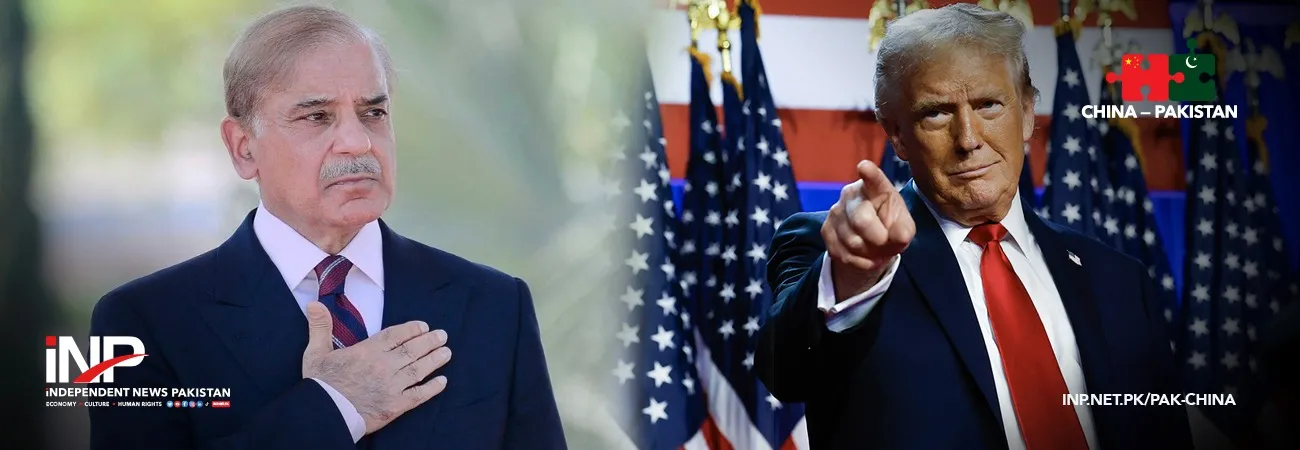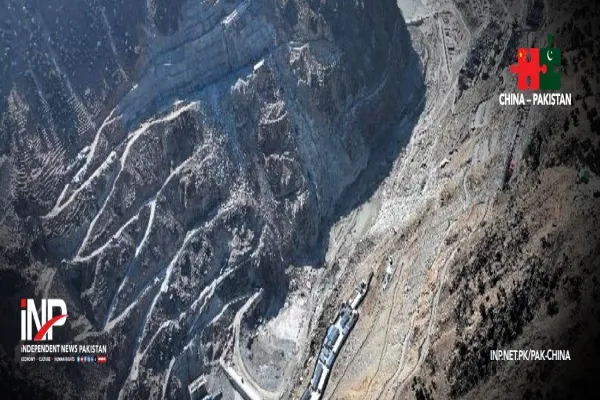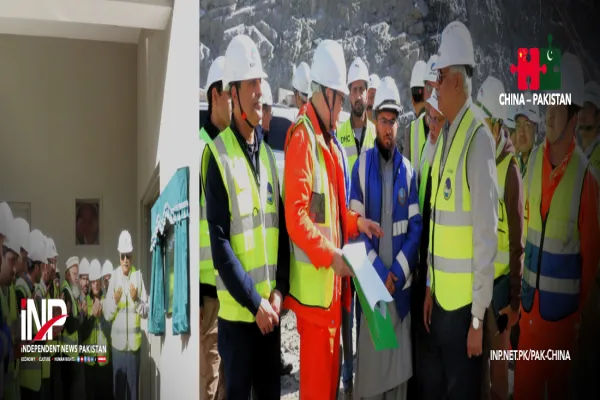i NEWS PAK-CHINA
Maham Tahir
Pakistan and the United States has recently entered into $500 million deal that is to expand cooperation in critical minerals sector. The agreement to this effect , between Missouri-based U.S. Strategic Metals (USSM) and Pakistan’s Frontier Works Organization (FWO), envisages immediate exports of ores (antimony, copper, gold, tungsten and rare earth elements) and the potential development of a polymetallic refinery in Pakistan, the Prime Minister’s Office said.
A separate MoU between the National Logistics Corporation (NLC) and Mota-Engil aims to improve transport links for mining supply chains. US Chargé d’Affaires Natalie Baker called the signing “an example of the strength of the US–Pakistan bilateral relationship” and highlighted Washington’s interest in “critical resources vital for security and prosperity.” The Embassy’s statement noted the delegation’s meetings at the Prime Minister’s House for the signing.
Officials in Islamabad say early ore shipments could provide quicker foreign exchange inflows while longer-lead investments, such as the proposed refinery, progress through studies and approvals. The PMO said the USSM delegation was briefed on Pakistan’s “vast mineral reserves, including copper, gold and rare earth elements.” Analysts caution that an MoU is preliminary; feasibility work, environmental clearances, permits and financing must follow before any binding investment.
The strategic context is notable. Pakistan has long relied on Chinese investment in large mining and infrastructure schemes under the China-Pakistan Economic Corridor. The entry of a US firm alongside a European logistics partner diversifies external participation rather than displacing existing ties, a balance Islamabad will need to manage amid US-China supply-chain competition. Delivery risks are material. Pakistan’s mining sector has faced criticism over opaque contracts and protracted disputes, with projects such as Reko Diq delayed for years over ownership and fiscal terms.
Analysts argue that transparent contract disclosure and anti-corruption safeguards are essential to avoid legal or political setbacks that can deter long-term investors. Western sponsors also face shareholder scrutiny on environmental, social and governance standards; credible frameworks on emissions, water use and community impact will be needed to anchor durable capital. Many deposits lie in Balochistan, where community grievances and security concerns require benefit-sharing and reliable protection to keep projects on track. Global market conditions will matter.
Demand for critical minerals is rising with electric vehicles and renewable energy, but price cycles remain volatile, and investors have options in Africa and Latin America. Pakistan will need regulatory clarity, predictable fiscal terms and on-time infrastructure to stay competitive. In this respect, the NLC-Mota-Engil MoU acknowledges gaps in transport and power/water provision that can become bottlenecks for mine-to-port corridors if not addressed early.
For scale, the headline US$500 million compares with Pakistan’s recent annual FDI inflows typically measured in the low billions, underscoring the potential relevance if the MoU translates into funded projects. The near-term test will be whether ore shipments begin and concrete steps-site selection, environmental studies, permits and financing—move forward in coming months.
If Islamabad can convert this framework into binding agreements while maintaining balance between Chinese and Western partners, strengthen transparency, and meet ESG and security expectations in Balochistan, the deal could lift export value-addition and improve foreign-exchange resilience. If these pieces do not align, the MoU risks remaining a symbolic gesture rather than a pivot in Pakistan’s minerals strategy.
Credit: Independent News Pakistan (INP) — Pak-China









